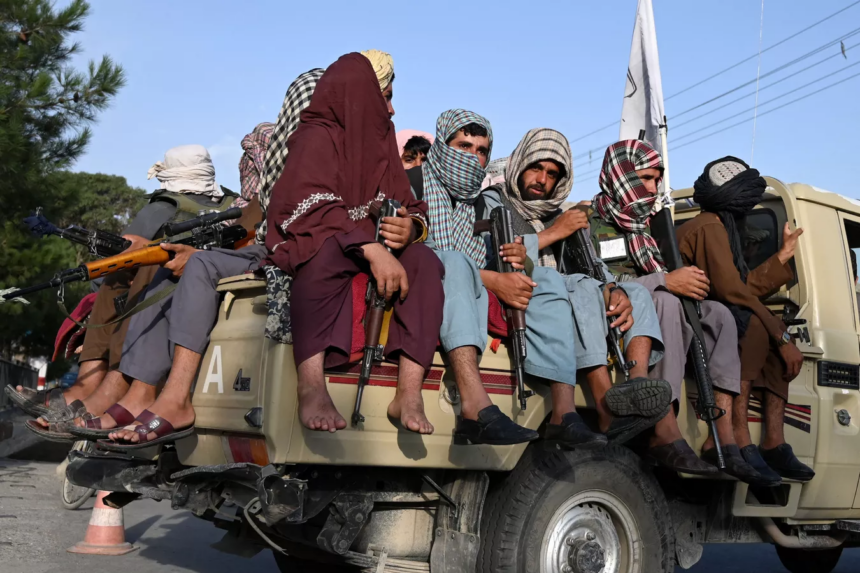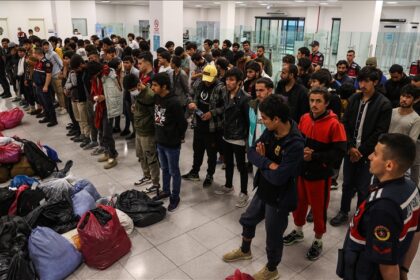RASC News Agency: Despite the Taliban’s self-styled image as an “Islamic regime” and alleged guarantor of law and order, ground-level investigations and firsthand interviews conducted by RASC correspondents across various provinces reveal a far darker and more disturbing reality: a significant portion of criminal activity including kidnappings, armed robberies, and targeted killings is being orchestrated not by rogue actors, but by the very individuals embedded within the Taliban’s administrative and security structures. These crimes, committed with impunity by men adorned with Taliban insignias, suggest a deeply entrenched culture of lawlessness thriving under the guise of governance. In this investigative expose, RASC journalists interviewed residents across Kabul, Herat, Balkh, Nangarhar, and several other provinces to document the extent of this institutionalized criminality.
One resident of District 5 in Kabul, speaking with visible anger, recounted:
“Thieves broke into our home late one night. When I reported the incident to a Taliban office, I was horrified to see that the very officer assigned to handle our complaint was one of the intruders whose face I had seen during the robbery. When I pointed this out, they didn’t just dismiss my claim they threatened me, warning me not to speak another word.” In Herat, a civil society activist whose identity has been withheld for security reasons described the normalized presence of criminals within the Taliban’s ranks:
“In our neighborhoods, we know of armed men who abduct children and demand exorbitant ransoms for their release, all while serving openly as Taliban officials. There is no oversight. No one is held to account. They operate under official protection.”
One of the most gut-wrenching cases involved a father whose child was recently kidnapped in Kabul. In an exclusive interview with RASC, he revealed:
“When I confronted the kidnappers during negotiations, I recognized one of them as a senior operative from the Taliban’s intelligence unit. I reported this to higher authorities within the group but nothing happened. Instead, I was explicitly warned not to speak to the press.” In numerous cases, families have only been able to secure the release of abducted relatives by paying massive ransoms often without any guarantee of safety or justice. A woman from Mazar-e-Sharif shared her experience:
“The Taliban only prosecute those who are outside their inner circle. If someone from within commits murder or kidnapping, no investigation follows. Worse still, they sometimes retaliate against the victim or their family to protect their image.”
With no independent judiciary, no free press, and no functioning civil oversight, the people of Afghanistan find themselves increasingly ensnared in a system where those entrusted with maintaining order are the very agents of terror. The line between law enforcement and organized crime has not merely been blurred it has been erased. Under Taliban rule, criminality is no longer punished; it is institutionalized.






